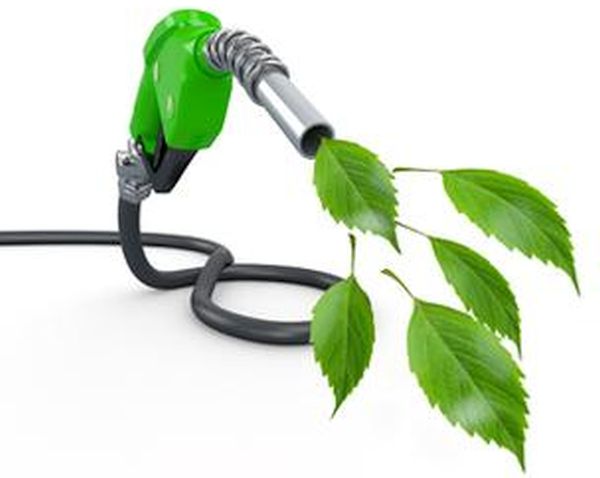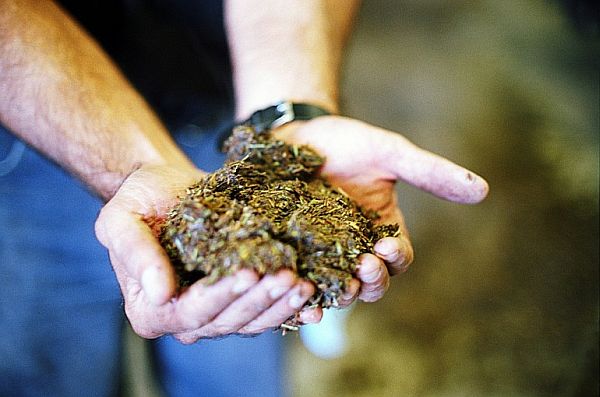The world has been depending on non –renewable diesel and gasoline for its transportation needs for many years. While new sources of crude oil are being discovered every other day, experts feel that even this would not be enough to meet the growing demands for the same. As such, many countries around the world have started shifting their attention to alternative sources of energy which are renewable, affordable and eco-friendly. Enter biofuels, the best considered answer to all these questions.
Biofuel is an alternative fuel made from agricultural products and waste by products. This renewable source can be the best replacement for petroleum fuels when it comes to domestic availability and eco-friendliness. Surprisingly, bio fuels have existed for centuries and are as old as petroleum products, although they were kept out the limelight till now.
The Different Types of Biofuels
Biofuels can be split into three main categories. These include:
Biogas aka Biomethane:
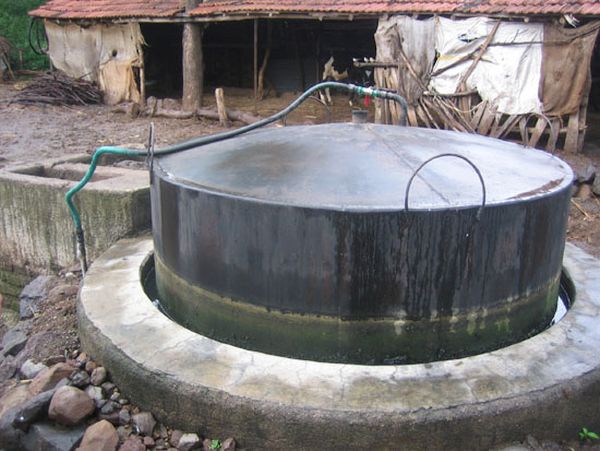
These biofuels are derived from decomposing organic matter found in farm manure, waste water treatment plants and sanitary landfills. The waste products are sent through an anaerobic methane digester and converted into liquid or gas to drive vehicles or generate electricity. This cost effective fuel also helps remove polluting methane from the environment and repurpose it for a better use.
Biodiesel:
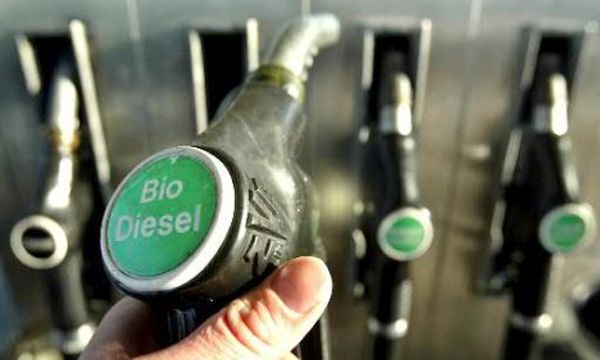
This substitute for diesel is derived from the waste oils collected from food processing plants and restaurants, plant seed oils as well as carbon rich waste products. Affordable and less polluting, biodiesel needs minimum treatment to be used in standard diesel engines. However, the sources from which biodiesel can be derived are limited.
Ethanol:

This biofuel is derived from the cellulose, starch and sugars. These plant based ingredients are blended to form gasoline that is at least 40% less polluting than standard gasoline. It also leads to less carbon emissions from vehicles and can give rise to cleaner, greener transportation choices. However, the availability of the sources for ethanol would depend on factors like the environmental impact on the crop as well as the farming practices adopted to grow them.
A Forgotten Vision
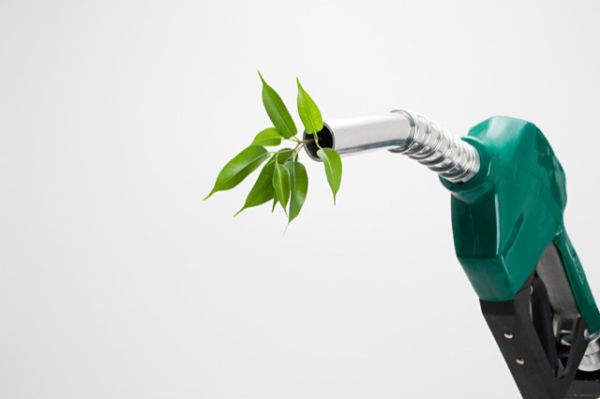
As the need for alternative fuels increased, more attention was given to biofuels which actually became the talk of the entire world. The potential benefits of these alternative fuels when compared to standard gasoline and diesel had everyone talking about the possibility of a bio fuel driven world in the near future. However, a few years down the lane, and this vision slowly disappeared as the interest in biofuels started waning, and projects related to the same were either scaled back or completely cancelled.
Challenges with Bio Fuel

Many attribute this to the challenges faced in generating biofuel. There are three major hurdles one would need to pass in order to make biofuel generation a possibility. The first challenge pertains to breaking down the elements present in the sources to derive the specific ingredients needed for fuel generation. The second challenge pertains to converting these elements into biofuels that can be used in existing vehicles with ease via biochemical or thermochemical processes. The third and most important challenge of all however, is to find a way to facilitate the large scale generation of bio fuel in a cost effective manner.
Let’s do a simple calculation here. Oil refineries across America jointly produce over 2500 liters of oil every day. Generating even half that amount of biofuel would require a staggering amount of biomass. Considering that most sources of biofuels are limited, it would be nearly impossible to locate large scale biomass collection points within a closed radius. And transporting the generated biofuels to other destinations is another challenge altogether!
This may be why the interest in biofuels seems to have gone down quite a bit over the past few years. However, experts are of the belief that technological advancements in the field would pave the way for easy generation and transportation of these biofuels around the world, to the extent that they soon replace conventional gasoline and diesel and pave the way for a greener future.
With the natural fuel resources around the world running around, the attention is on other alternative energy sources aka bio fuels that could meet demand and supply without impacting the environment much.


